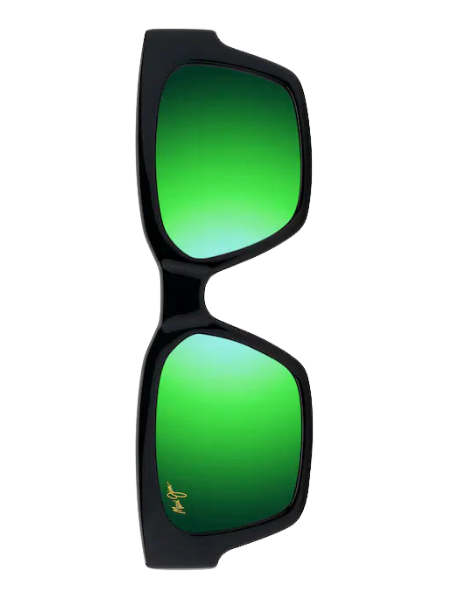Sunglasses lenses come in various types, each offering unique benefits tailored to different needs and preferences. Polarised lenses are excellent for reducing glare from reflective surfaces like water or roads, making them ideal for driving and outdoor activities. Transition lenses, also known as photochromic lenses, darken in response to sunlight and clear up indoors, providing convenience for those who frequently move between different lighting conditions. Solid tints are uniformly coloured lenses, available in various darkness gradings to suit different light sensitivities and preferences. Graduated tints, on the other hand, are darker at the top and gradually lighten towards the bottom, offering protection from overhead sunlight while allowing clearer vision downward. Mirror finishes reflect light away from the eyes, reducing glare and adding a stylish, modern look to the lenses.
In addition to these options, some manufacturers offer match tint colours for an extra fee, allowing you to customise your sunglasses to your style. The darkness gradings of lenses range from light to dark, measured by the percentage of visible light transmission (VLT). Having sunglasses, even if you don’t require a prescription, provides essential protection against harmful UV rays, reducing the risk or early onset of eye conditions such as cataracts and macular degeneration. Furthermore, sunglasses enhance visual comfort and reduce eye strain in bright conditions, making outdoor activities more enjoyable and safer.

